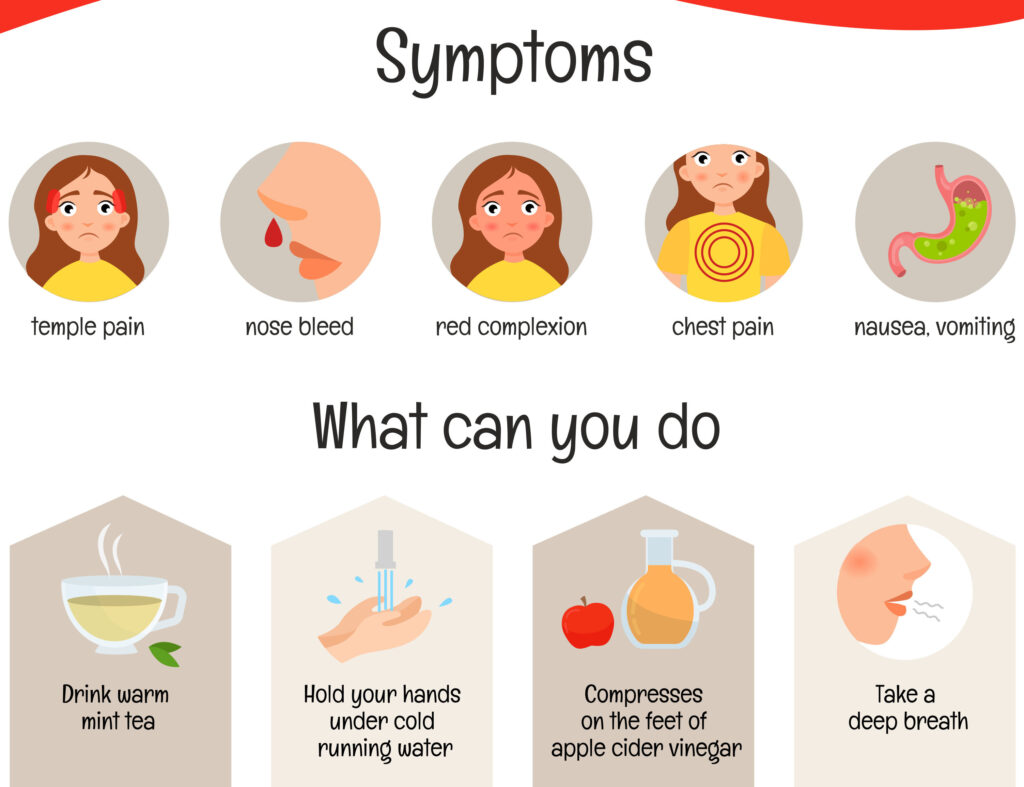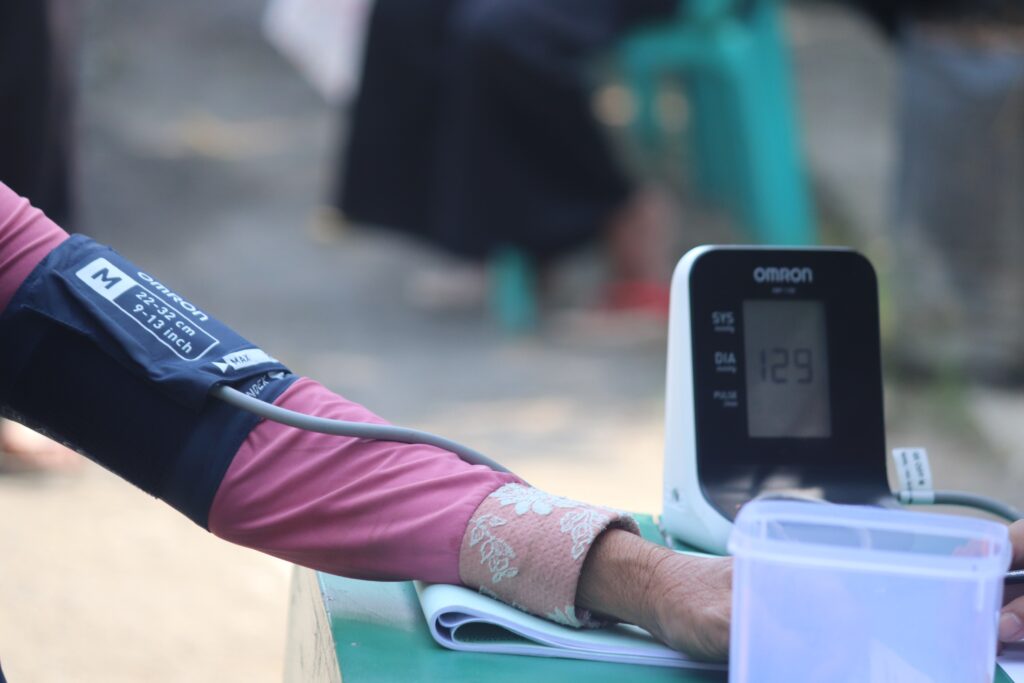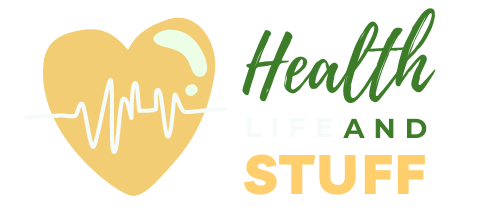What are the signs of high blood pressure? How do you know if you have it or not?
The bad news is that in most cases you simply can’t tell – high blood pressure, or hypertension, usually has no symptoms that you can detect.
Hypertension is called “the silent killer” because with time, untreated, it can lead to a variety of health problems, and does so without you noticing anything.
High blood pressure can lead to increased heart size, aneursyms, kidney failure and arthelescerosis, where your arteries become damaged – and other serious health problems.
If there are signs of high blood pressure, they very often occur at the end, where there is little you can do about it. In rare cases, you might have headaches or feel dizzy or have urine in your blood.
But again, for the most part, you can’t tell if you have high blood pressure.
How Do You Detect Hypertension?

The good news is that if you are seeing a doctor regularly, it is likely that high blood pressure will be noticed during a checkup.
The best way to detect high blood pressure is by having regular scheduled visits with your doctor. There, the doctor will test your blood pressure. And if it is too high, you can do something about it.
Who Is at Risk?
The risk for high blood pressure changes depending on how old you are, what gender, and what race. It can also depend on your health in general. The older you are, the higher your risk.
Depending on your age, your gender also plays a role in your risk for developing high blood pressure. Men tend to have high blood pressure at younger ages than women.
But as women age, the risk for high blood pressure increases until it is actually higher than for men.
African-Americans tend to have a higher risk of developing hypertension.
People with diabetes are at a highly increased risk of developing high blood pressure.
What Causes High Blood Pressure?

Around 95% of the time, we just don’t know why someone has high blood pressure. This is called “essential hypertension.”
But while we usually can’t say that any one thing causes your high blood pressure, there are a lot of things that put you at risk.
Eating a diet with a high amount of salt is highly correlated with developing high blood pressure. Residents of an island in Japan who consume a diet high in salt have a very high risk of developing high blood pressure, while those who don’t have much smaller.
Being overweight, not getting enough exercise, and smoking also put you at higher risk.
How Is High Blood Pressure Treated?
The typical approach to treat high blood pressure is to first try lifestyle changes such as trying a diet designed to lower blood pressure, getting more exercise, and reducing stress.
If lifestyle changes do not work or reduce the blood pressure by enough, very often a doctor will prescribe medication to help manage the condition.
For more details, see How to Lower Blood Pressure.
